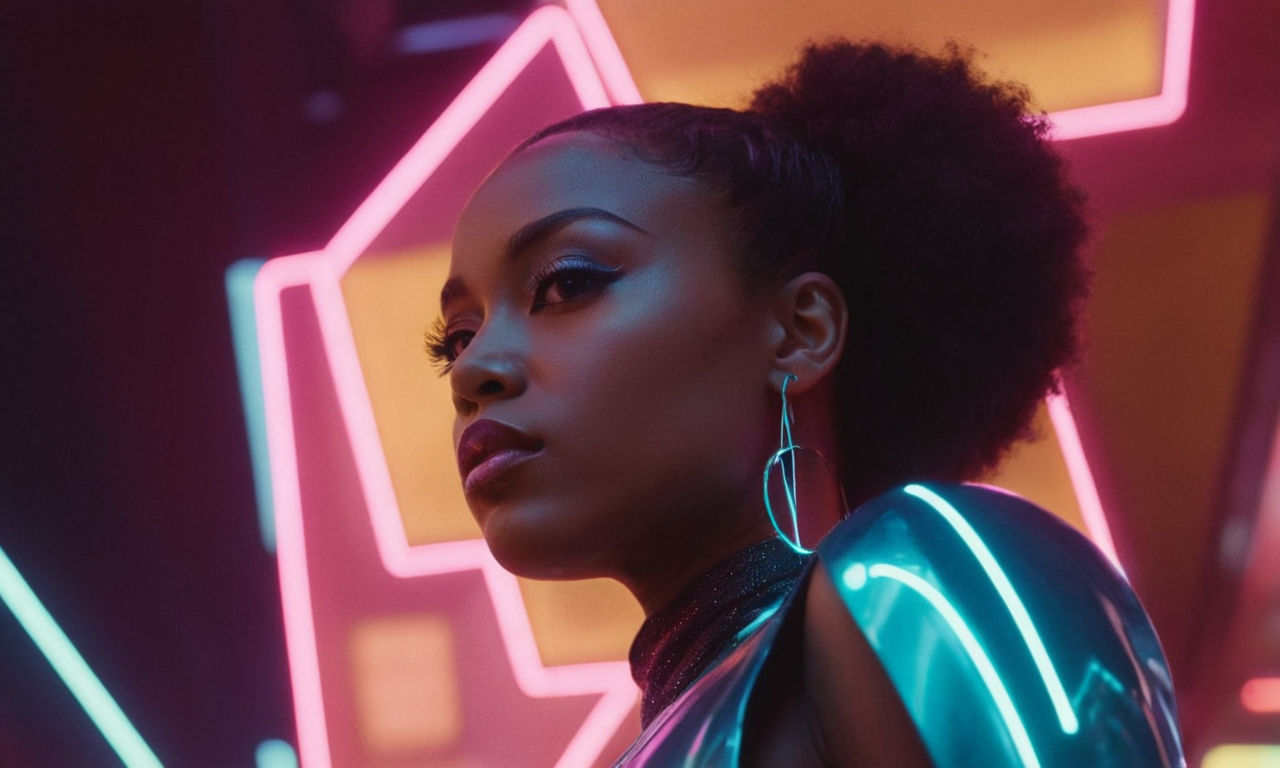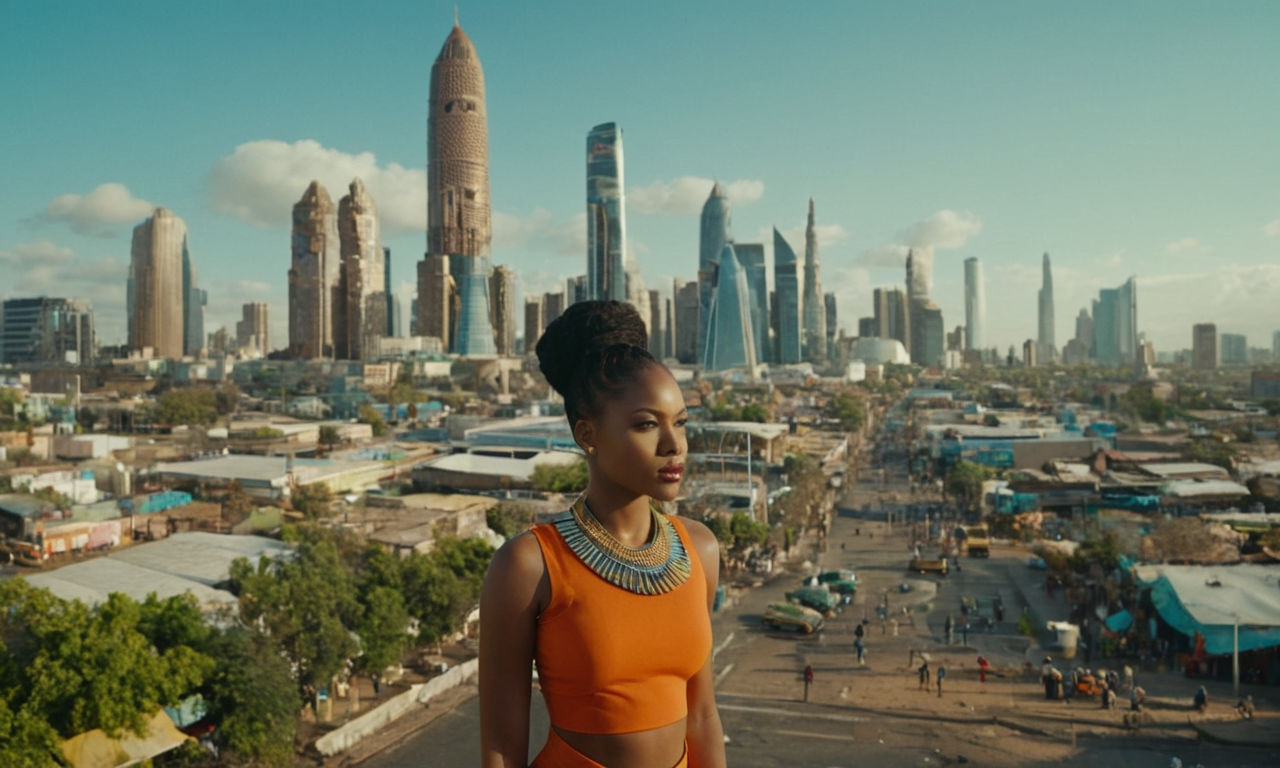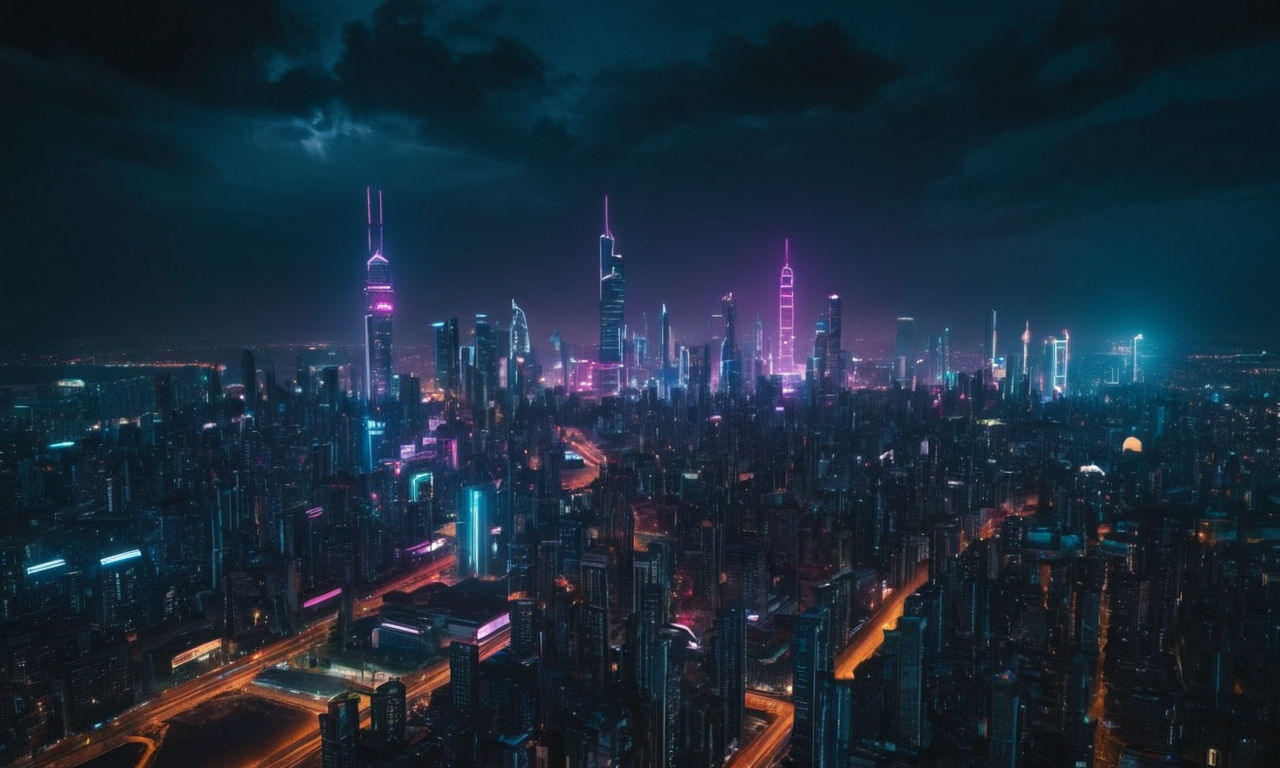Introduction
Black Panther's cultural impact transcends traditional film reviews, offering a profound social commentary that resonates beyond the big screen. This blog post aims to dissect the significance of Black Panther in popular culture, delving into themes of identity, representation, and empowerment that reverberate throughout the movie. From its pioneering portrayal of Afrofuturism to its exploration of political and social issues, Black Panther has ignited conversations and inspired audiences globally.
The Rise of Black Panther
Black Panther emerged in a pivotal historical moment, becoming more than just a blockbuster film. Its release in 2018 marked a significant milestone in cinematic history, shattering stereotypes and cementing itself as a symbol of representation and empowerment. The movie not only redefined the superhero genre but also challenged societal norms by showcasing a predominantly Black cast in prominent roles.
The impact of Black Panther extends far beyond entertainment, serving as a catalyst for discussions on diversity, inclusion, and representation. The film's success at the box office highlighted the demand for more diverse narratives in mainstream media, setting a new standard for inclusivity in the film industry. Black Panther's cultural significance paved the way for underrepresented voices to be heard and celebrated on a global platform.
Transitioning from a groundbreaking movie to a cultural movement, Black Panther sparked a shift in how stories are told and who gets to tell them. By breaking barriers and defying conventions, the film opened doors for marginalized communities to see themselves reflected on screen authentically. Black Panther's legacy continues to shape the landscape of cinema, inspiring a new generation of storytellers to embrace diversity and push boundaries in storytelling.
Afrofuturism in Film
Afrofuturism, a term coined in the 1990s, combines elements of science fiction, fantasy, and African culture to envision alternative futures centered on Black experiences. Black Panther seamlessly integrates Afrofuturist themes, drawing inspiration from a rich tapestry of African traditions and futuristic technology. The movie's utopian setting of Wakanda serves as a visual representation of an uncolonized Africa, where innovation thrives without the influence of external forces.
In reshaping narratives in cinema, Afrofuturism challenges conventional storytelling by offering a fresh perspective on history, culture, and identity. By blending ancient African aesthetics with cutting-edge technology, Black Panther reimagines the possibilities of what Black excellence can achieve when not bound by stereotypes or limitations. The movie's portrayal of a technologically advanced African nation presents a counter-narrative to the often-erased contributions of Black people throughout history.
The importance of Afrofuturism in Black Panther lies in its ability to empower and inspire audiences to envision a future where Black narratives are at the forefront. By embracing this innovative narrative approach, the film not only celebrates the vibrancy of African culture but also redefines the portrayal of Black characters in mainstream media. Afrofuturism serves as a powerful tool for reclaiming agency and representation, offering a transformative lens through which to explore themes of heritage, progress, and resilience.

Black Panther's Cultural Analysis
Black Panther, beyond being a superhero movie, stands out for its profound cultural significance. Let's delve into the portrayal of African culture in the movie, the representation of Black characters in mainstream cinema, and the impact of diverse storytelling on audience perception.
Analyze the Portrayal of African Culture in the Movie
Wakanda: The fictional African nation of Wakanda depicted in Black Panther showcases a futuristic, advanced society untouched by colonialism. This portrayal challenges conventional narratives of Africa often seen in mainstream media.
Costume and Language: The movie meticulously incorporates elements from various African cultures, from vibrant costumes to diverse languages, celebrating the continent's rich heritage.
Representation of Black Characters in Mainstream Cinema
Complex Characters: Black Panther introduces multidimensional Black characters who defy stereotypes commonly found in Hollywood, offering a more nuanced and authentic representation on screen.
Positive Role Models: Characters like T'Challa and Shuri serve as powerful role models for Black audiences, promoting a sense of pride and empowerment.
Impact of Diverse Storytelling on Audience Perception
Cultural Appreciation: Black Panther's success highlights the audience's growing appreciation for diverse stories and representation. It underscores the demand for more inclusive narratives in mainstream media.
Global Influence: The movie's international success underscores the universal appeal of diverse storytelling, driving the conversation towards embracing cultural diversity in cinema.
Themes of Identity and Empowerment
Black Panther intricately weaves themes of identity and empowerment throughout its narrative, offering a compelling commentary on these topics. Let's explore the film's portrayal of identity struggles, depiction of empowerment, and the significance of representation for marginalized communities.

Exploration of Identity Struggles in the Film
Dual Identity: Characters like T'Challa and Killmonger grapple with complex identities, each representing different facets of the African diaspora experience. This exploration sheds light on the challenges of reconciling heritage with modernity.
Ancestral Legacy: The ancestral link depicted in the film emphasizes the importance of heritage in shaping one's identity, showcasing a profound connection between past and present.
How the Concept of Empowerment is Depicted in Black Panther
Agency and Leadership: Black Panther showcases characters taking agency over their destinies and communities, portraying empowerment as a collective endeavor rather than individual heroism.
Women Empowerment: The film notably emphasizes the strength and leadership of its female characters, highlighting the essential role of women in driving change and progress.
Significance of Representation for Marginalized Communities
Visibility and Inclusion: Black Panther's success underscores the significance of representation for marginalized communities, providing a platform for underrepresented voices to be heard and celebrated.
Inspiration and Empowerment: The positive representation in the movie serves as a source of inspiration for audiences, particularly those who seldom see themselves reflected positively in mainstream media.
Political and Social Commentary
Beyond its superhero facade, Black Panther offers a deep well of political and social commentary, addressing important issues within its storyline. Let's discuss the political undertones in the movie, the social issues it tackles, and its influence on societal conversations.
Discuss the Political Undertones in Black Panther
Colonial Legacies: The movie subtly critiques colonialism and imperialism, highlighting the consequences of historical oppression on contemporary societies.
Power Dynamics: Black Panther delves into power struggles within nations and the ethical responsibilities that come with leadership, offering a nuanced reflection on governance and authority.

Social Issues Addressed within the Storyline
Systemic Injustice: The film confronts systemic injustices, such as racism and inequality, drawing parallels to real-world social challenges faced by marginalized communities globally.
Social Responsibility: Characters in Black Panther navigate the complexities of social responsibility, emphasizing the need for individuals and nations to address societal issues proactively.
Influence of the Movie on Societal Conversations
Cultural Discourse: Black Panther sparked crucial conversations about representation, diversity, and cultural heritage, prompting audiences to reflect on the broader implications of media portrayals.
Activism and Awareness: The movie's impact transcended the screen, inspiring social activism and raising awareness about pressing social issues, encouraging audiences to engage in meaningful dialogue and action.
Black Panther's Role in Diversity and Inclusion
"Black Panther commentary" delves into the pivotal role the movie plays in fostering diversity and inclusion within the film industry. By examining the impact of Black Panther on Hollywood's diversity movement, it becomes evident how the movie shattered industry norms and set a new standard for representation.
Impact of Black Panther on Hollywood's diversity movement: Black Panther emerged as a cultural phenomenon, breaking box office records and challenging the notion that movies with predominantly Black casts could not achieve global success. The film's success highlighted the demand for diverse narratives and representation, prompting a shift within the industry towards more inclusive storytelling.
Representation of underrepresented groups in cinema: Through its rich tapestry of African culture, Black Panther not only celebrated Black excellence but also amplified the voices of underrepresented groups within the cinematic landscape. The movie showcased a diverse range of characters, each with depth, complexity, and agency, offering audiences a refreshing departure from stereotypes and tokenism.
Contribution to the conversation on inclusivity in the film industry: Black Panther sparked conversations about the importance of inclusivity both on and off-screen. The movie demonstrated that authentic representation can resonate with audiences worldwide and highlighted the need for diverse perspectives in storytelling. By setting a precedent for inclusivity, Black Panther paved the way for future films to prioritize representation and diversity.
The Legacy of Black Panther
Exploring "Black Panther cultural analysis" reveals the enduring legacy of the film and its profound impact on audiences, transcending the confines of the cinematic screen to influence conversations in society.
Enduring impact of the movie on audiences worldwide: Black Panther's release was met with widespread acclaim, not only for its cinematic achievements but also for its resonance with audiences worldwide. The movie's themes of identity, empowerment, and unity struck a chord with viewers, igniting a sense of pride and inspiration among diverse communities.
Continued relevance of its themes in contemporary society: Despite its initial release, Black Panther's themes continue to reverberate in contemporary society. The movie's exploration of power, responsibility, and the intersections of race and technology remains pertinent, sparking discussions on social issues and the importance of representation in media.
Conclusion highlighting the lasting legacy of Black Panther on cinema and society: In conclusion, Black Panther's legacy extends far beyond its box office success. The film's impact on diversity, representation, and inclusivity has reshaped the cultural landscape, inspiring audiences and creators alike to strive for authentic and inclusive storytelling. As a trailblazer in the realm of Afrofuturism, Black Panther's legacy serves as a beacon of hope and empowerment for future generations.



